Antarctic Treaty
Negotiating an Extension on Mining
The Committee: Signed in 1959, the Antarctic Treaty ensures peace, scientific collaboration, and the protection of Antarctica’s environment and resources. It prohibits mining, except for scientific research. A thorough understanding of the treaty, particularly its environmental protections, is essential. A new mineral discovery challenges these restrictions, pushing nations to balance their own interests with the treaty’s values. Delegates must navigate the treaty’s principles and restrictions, particularly the Protocol on Environmental Protection, while considering the global context. As they decide the future of the treaty and the discovered mineral, they must weigh how to extract, divide, or protect it, emphasizing diplomacy, environmental protection, and peaceful collaboration.
The Topic: By 2047, the world faces extreme challenges including food insecurity, natural disasters, climate change, and stagnation in technological innovation. Over 500 million people suffer from malnutrition, infrastructure is destroyed by extreme weather, and diseases continue to evolve. Despite these pressing issues, geopolitics remain largely unchanged, with widening gaps between developed and developing countries. A new discovery, however, offers a potential breakthrough—Antarctium, a mineral discovered in Antarctica that defies the laws of physics and has a wide range of technological and energy potential. It could be used to create stronger, more durable materials, new technologies, and even serve as a sustainable energy source. However, Antarctium’s extraction is prohibited under the Antarctic Treaty’s Protocol on Environmental Protection. In 2048, nations have an opportunity to revise the Protocol, raising key questions for debate. Should the Treaty be amended to allow the mining of Antarctium, despite environmental concerns? How can nations balance technological advancement with environmental protection, especially given the impending climate crisis? Delegates will also need to discuss the logistics of extracting Antarctium if the ban is lifted, including the impact on Antarctica's fragile ecosystem, how to distribute the mineral, and who should have the greatest control, nations like Argentina that discovered it, or those in greater need. Delegates must weigh the mineral’s potential benefits against the risks of environmental degradation and geopolitical imbalance, while also considering alternatives to Antarctium for addressing the world’s growing crises. Balancing diplomacy, scientific progress, and environmental ethics will be central to these negotiations.
Chair: Alicia Yue
Email:aliciay7@nycstudents.net
Vice Chair: Eileen Wang
Email: eileenw10@nycstudents.net
